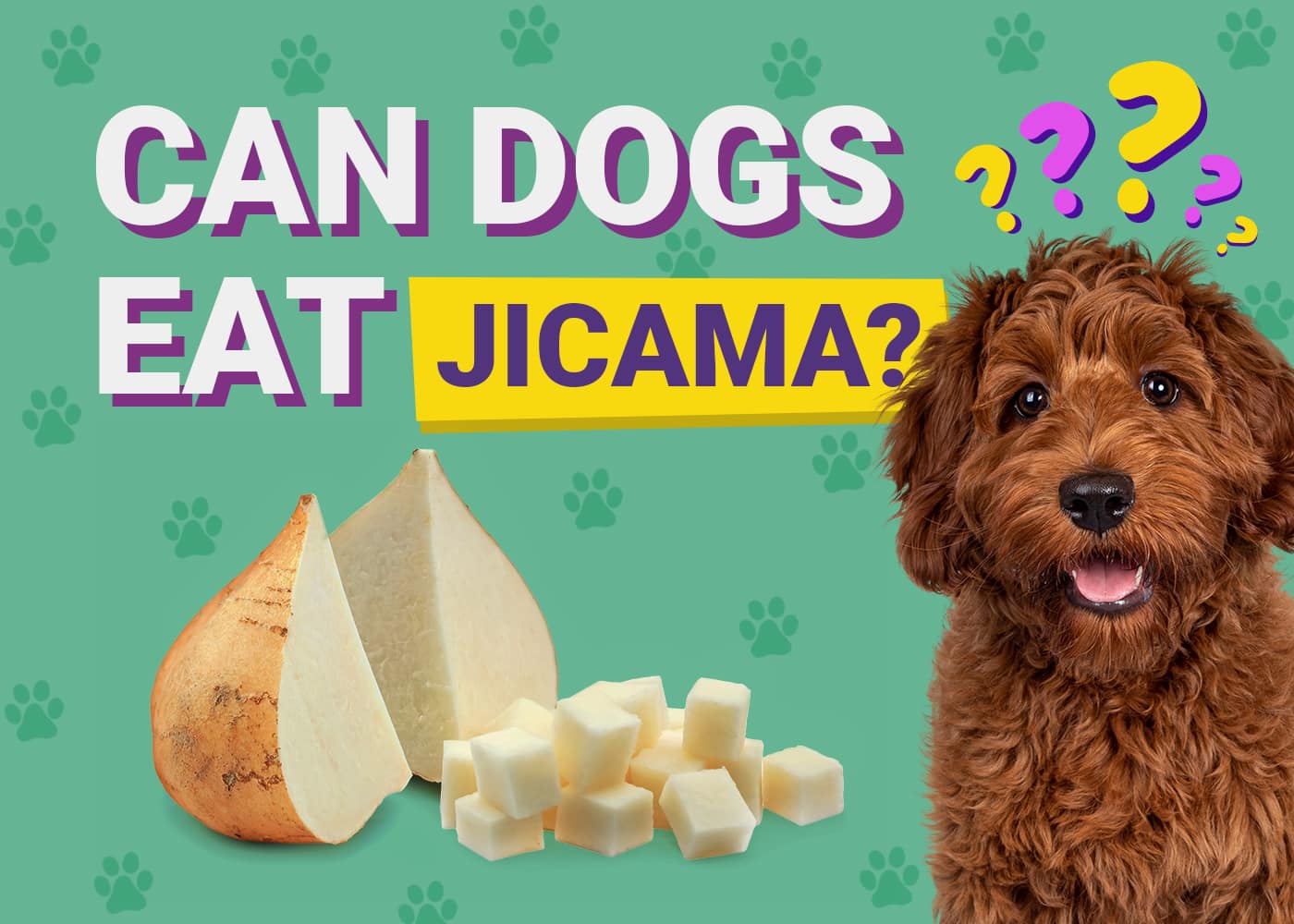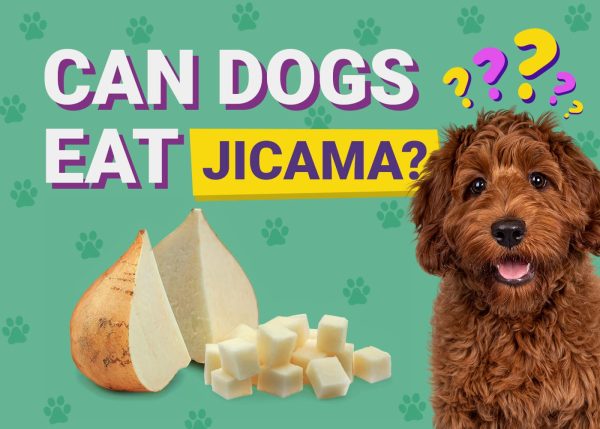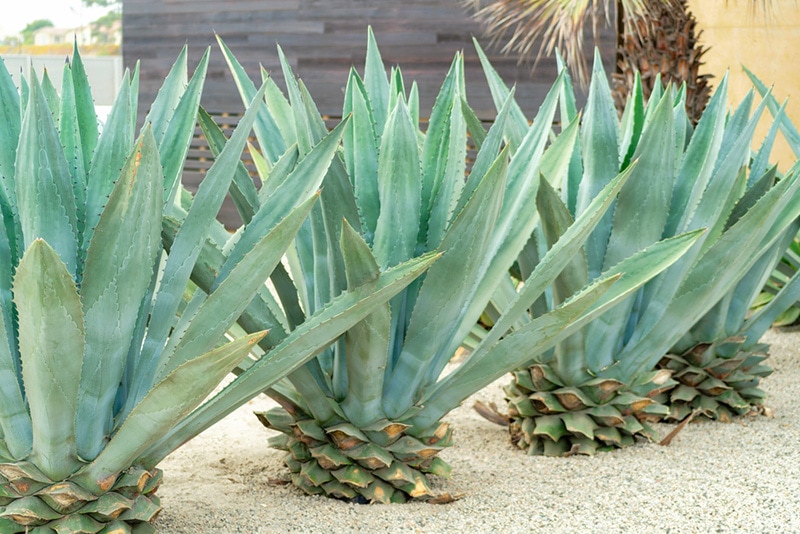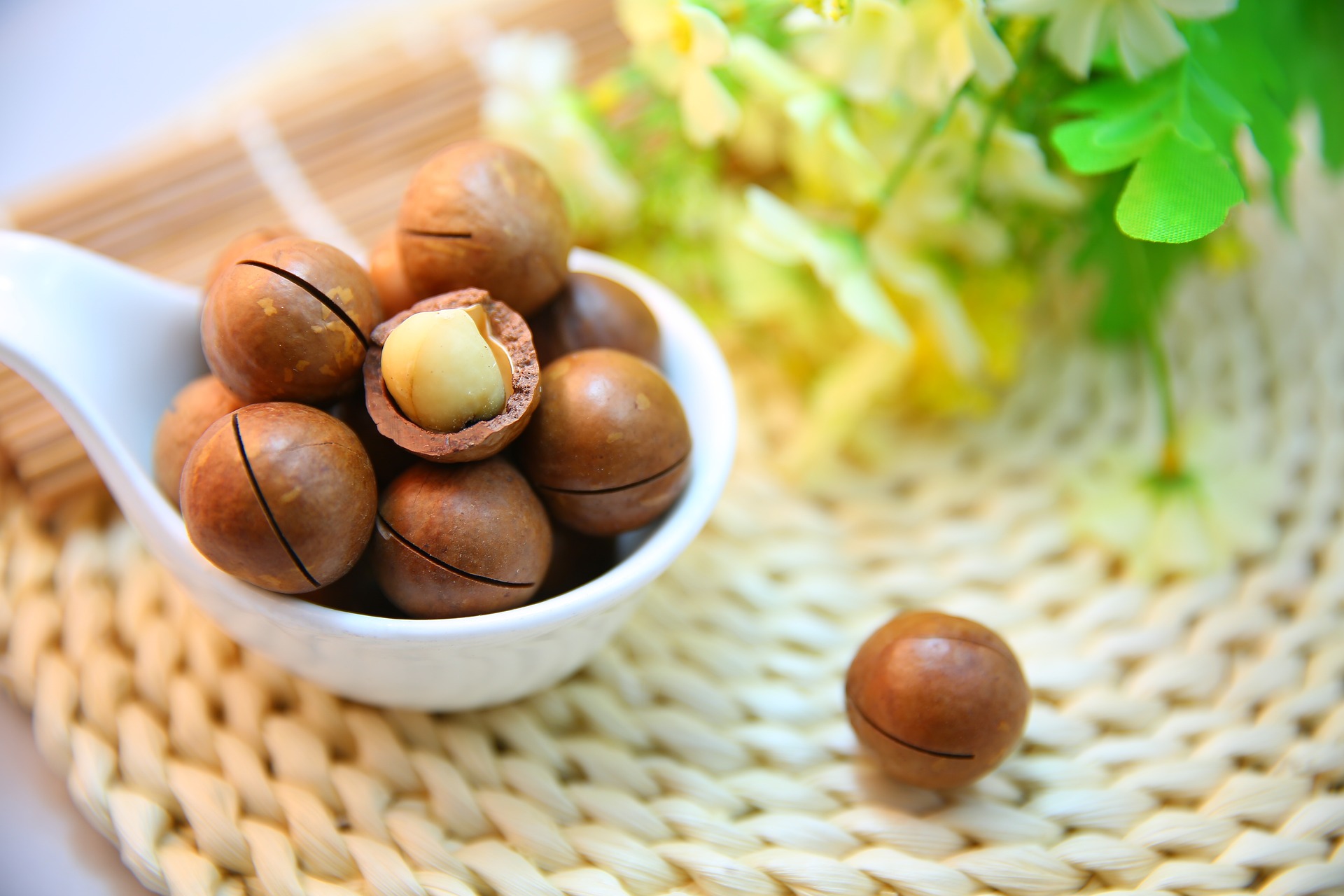As a dog owner, you know that canines will eat just about anything that they can get ahold of, even if it is not healthy or safe for them. Food scraps, garbage, and even poop are typically considered delicacies by dogs of all shapes and sizes. But what if your pup gets their paws on a piece of a (or a whole) jicama? Is it safe and healthy for them, or could it be harmful?
In general, dogs can eat jicama, just as we humans can. Here is everything that you should know about the topic before deciding whether and how to feed jicama to your beloved furry family member.
The Benefits of Feeding Jicama to Dogs
Jicama is safe for your dog to eat, and it is full of beneficial nutrients that can help enhance their overall quality of life. This root vegetable is low in calories yet full of fiber, which can help keep your dog’s digestive system in good shape as time goes on. Sometimes called a Mexican potato, jicama is loaded with vitamins C and A.
This crunchy veggie also contains choline, a nutrient that helps regulate nervous system functions. Additionally, jicama has antioxidants that help prevent free radical damage to cells. It is believed that jicama can even increase beneficial bacteria in the gut.
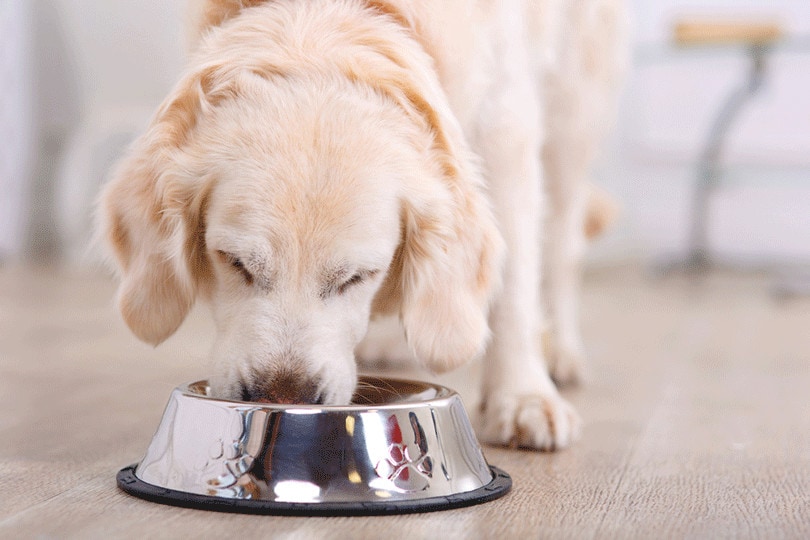
Precautions to Take When Feeding Jicama to Your Dog
It is important to note that only the fleshy root of the jicama plant should be eaten by dogs and humans. The root is the white, potato-like part of the plant that grows underground. The stems and leaves contain a toxin called rotenone, which is a natural compound that acts as an insecticide and is toxic to humans, dogs, and other animals. The seeds of the jicama are not typically dangerous when young, but mature seeds are toxic and can be a choking hazard for dogs.
Therefore, it is crucial to never allow your dog to get into the stems, leaves, and seeds of the jicama plant. Also, even the safe parts of jicama should be thoroughly washed before being consumed, in order to get rid of any pesticides or chemicals that may have been sprayed on it. Make sure you peel off the rough skin of this bulbous root and only offer your dog the crunchy center.
A Few Jicama Feeding Recommendations
Adult dogs with healthy teeth can simply chew a piece of jicama without any special preparation requirements. However, if you are feeding a puppy that is just starting to grow in their adult teeth or an older dog that is losing their teeth, you may have to shred up the jicama so it can be easily chewed and consumed. You can also steam or boil jicama to soften it up for blending if your dog cannot chew their food for any reason.
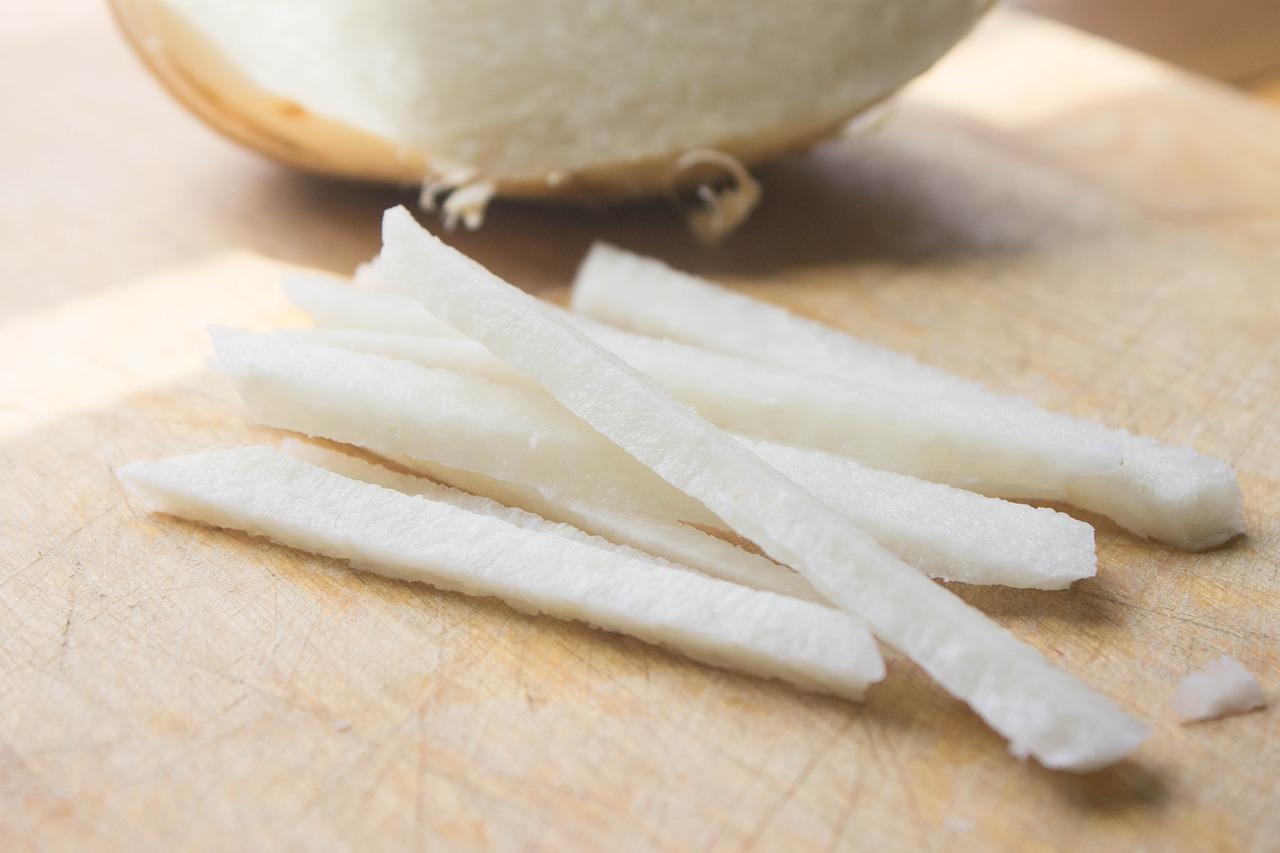
Summary
If you are enjoying crunchy jicama at home, why not offer a small piece to your dog? At worst, they will not like it. At best, they will benefit from the nutritional content of the root veggie as a healthy treat variety. It can be served alone or with peanut butter or mixed into meat dishes, depending on your pup’s personal preferences. Are you planning to feed jicama to your dog? Why or why not?
See also:

